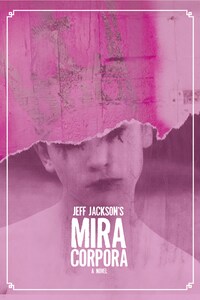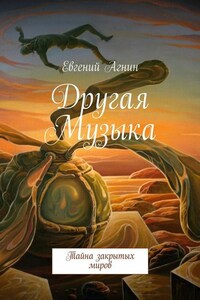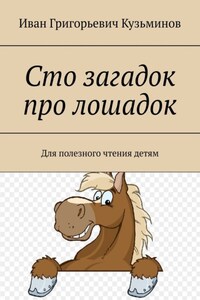This novel is based on the journals I kept growing up. When I rediscovered these documents, they helped me confront the fragments of my childhood and understand that the gaps are also part of the whole. Sometimes it’s been difficult to tell my memories from my fantasies, but that was true even then. Throughout I’ve tried to honor the source material and my early attempts to wrest these experiences into language.
There’s an empty notebook in the bottom drawer of my desk. I place it on a flat surface. I fold it open to the third page. I tap my pen against the paper three times. Then I draw the picture of a door and beneath it write the word “open.”
The floor beneath me begins to shift. I keep my eyes fixed on the page, where the door is now ajar to reveal a staircase. I enter the page and walk down the steps. In pitch dark, I feel the way with my hands, running my fingertips along the walls. I move slow and breathe deep.
There is a bottom and my feet experience the relief of flat ground. I stand still and let my eyes adjust. A pinpoint of light beckons in the distance. I follow its faint glow as I move down the corridor. Soon I enter a round room with no windows. Torches encircle the rough stone walls. A wooden altar stands at the center of the space.
I look closer. A boy with alabaster skin—always alabaster—is tied to the altar with twine. He’s bare except for a modest loincloth and I can see the blue veins beneath his pale skin. A delicate specimen. His body briefly spasms in a struggle against his bonds, but it’s just a twinge of animal instinct without much conviction.
I’m careful to prepare this sacrament correctly. I start by plucking the stray hairs from the boy’s otherwise smooth chest. Soon his skin appears as blank as a page. A steel dagger lies next to the body. I grip it tightly. As I approach the empty surface, the blade feels as sharp as a quill. I’m ready to begin.
“We never have to stretch our imaginations,
it is our own lives we can’t believe.”
–The Mekons
THEY TAKE ME OUT HUNTING FOR STRAYS. PEOPLE stride through the woods and shout things at one another. They practice propping guns on their shoulders and breaking them in half so the empty shells tumble to the ground. Everybody here is older than me. I’m small and constantly underfoot. It’s the afternoon, or something like that. Sunlight breaks through the trees to illuminate kaleidoscopic patterns on the forest floor. Pine needles, fallen leaves, patches of dirt. The pack of stray dogs barks in the distance. These are the first things I remember. Gunshots. Popping sounds. Little bursts of gray powder blooming from the end of each rifle.
Of course there are things before the first things: A stone farmhouse, warm meals served on white plates, a large room filled with narrow beds tucked with wool blankets. But this hunt is my beginning. The kids fanning through the forest. The slow-motion ballet of soundless steps. The silent chorus of raised rifles.
A bearded man orders all the children to circle up and divide into groups. A brother and sister pair pull my ears and claim me. “We want Jeff,” they chant. They say I’m their lucky charm. The siblings are both pale with spindly legs, denim shorts, floppy hiking boots. We set off into the heart of the woods. The boy’s crew cut ends in a braided rat’s tail. He flicks it back and forth across his shoulders. They both have beady eyes and big noses. There’s something else on their faces, but it’s not clear yet.
The boy hisses at me to keep up. My short and pudgy legs are sore, but I’m determined not to complain. There’s a chill from the intense shade of the forest. A trickle of snot tickles my upper lip. A pebble bounces around inside my shoe. When I break into a trot, I stumble on a tree root and fall. There’s something wet on my palms. Maybe it’s blood, or possibly only reddish mud. I can’t quite remember. The girl grabs my hand and tugs. She says: “Faster.”
An adult blows a whistle and the hunting parties halt at the blacktop road. We cross the highway together and pause in a clearing. Everyone stands so still that horseflies start to land on us. I see it now: Everyone wears masks on their faces. Black masks with sequins. White masks with feathers. Red masks with long crooked noses. Even I’m wearing a mask. Several of the adults crouch by a patch of raw dirt to examine the fresh claw marks left by the pack of dogs. You can hear the faint echo of harried yelps and shivering leaves as the animals hurtle through the bushes.








